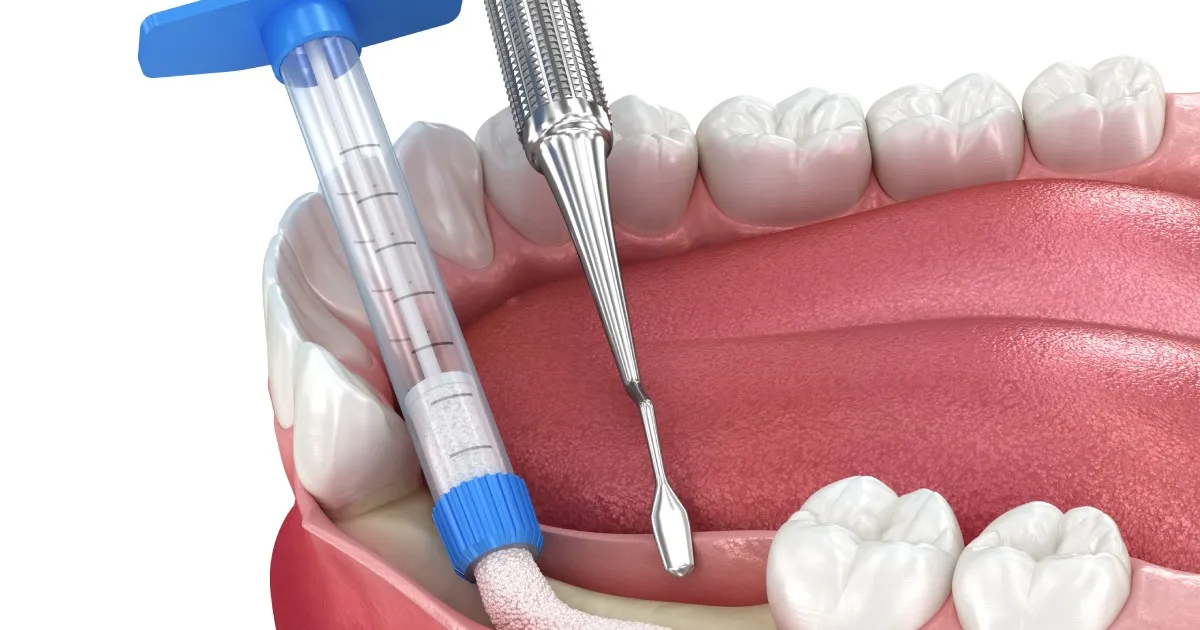Table of Contents
With a severely damaged or infected tooth, patients often find themselves at a crossroads: should they opt for a root canal to save the tooth, or is extraction the better choice? This decision can be complex, involving factors like the extent of damage, overall oral health, and long-term implications. At Solomon Kids Dentistry, we aim to help you make informed dental health decisions. In this comprehensive guide, we’ll explore the differences between root canals versus extractions, helping you understand when each procedure might be the right choice.
What is a Root Canal?
Dental root canals save teeth when they have been severely damaged due to decay, infection, or injury. During this treatment, the infected or inflamed pulp inside the tooth is removed, and the inside is carefully cleaned, disinfected, and filled. The procedure aims to eliminate pain and preserve the natural tooth structure.
When is a Root Canal Recommended?
- Deep decay reaching the tooth’s pulp
- Repeated dental procedures on the same tooth
- Cracked or chipped tooth
- Large fillings
- Trauma to the tooth
Understanding Tooth Extraction
Tooth extraction involves completely removing a tooth from its socket in the jawbone. While dentists generally prefer to preserve natural teeth whenever possible, there are instances in which extraction is necessary.
When is Tooth Extraction Recommended?
- Severe decay that has destroyed a significant portion of the tooth
- Advanced periodontal disease
- Impacted wisdom teeth
- Overcrowded teeth (often before orthodontic treatment)
- Fractured teeth that cannot be repaired
Comparing Root Canal and Extraction
Preservation of Natural Tooth
A root canal has the primary advantage of preserving your natural tooth. This can be beneficial for maintaining proper bite alignment and preventing shifts in surrounding teeth. Extraction, while sometimes necessary, leaves a gap that may require further treatment to prevent complications.
Cost Considerations
Initially, a root canal is more expensive than extraction. However, it’s important to consider the long-term costs. After an extraction, you may need a bridge, denture, or implant to maintain oral function and aesthetics. Costs can increase significantly with these additional procedures.
Recovery and Healing Time
Root canal recovery is generally quicker and less painful than many patients expect. Most people can resume their usual routine the next day. Extraction, typically an outpatient procedure, may require a longer healing period, especially if stitches are needed.
Impact on Surrounding Teeth
By preserving your natural tooth, you maintain the integrity of your jawbone and prevent neighboring teeth from shifting. Bone loss may result from extraction and cause adjacent teeth to move, potentially affecting your bite and smile.
Making the Decision: Factors to Consider
Extent of Damage
The condition of your tooth plays a crucial role in determining whether a root canal or extraction is more appropriate. Often, a root canal can save a tooth if the tooth structure is largely intact. However, extraction might be the only viable option if the damage is extensive.
Overall Oral Health
Your general oral health and the condition of surrounding teeth and gums can influence the decision. Patients with good oral health may be better candidates for root canals, while those with significant periodontal disease might lean towards extraction.
Long-term Outlook
Consider the tooth’s long-term prognosis. With proper care, a successfully treated root canal can last a lifetime. However, extraction might be more practical if the tooth’s long-term outlook is poor due to other factors.
Patient’s Age and Health
Younger patients and those in good health might be better candidates for root canals, as preserving natural teeth is generally preferable. Older patients or those with certain health conditions might find extraction a simpler, less invasive option.
The Root Canal Procedure: What to Expect
If you and your dentist decide that a root canal is the best course of action, here’s what you can expect:
- X-rays to assess the extent of damage
- Under local anesthesia, the procedure is performed to ensure patient comfort
- Removal of the infected or damaged pulp
- Cleaning and shaping of the root canal
- Filling the canal with a biocompatible material
- Sealing the tooth, often with a crown for protection
Aftercare and Recovery
Post-Root Canal Care
It’s normal to experience some sensitivity for a few days after a root canal. Over-the-counter pain relievers can manage any discomfort. Once the permanent crown is in place after treatment, it is best not to chew. Take good care of your oral hygiene and attend all follow-up appointments.
When to Seek Immediate Dental Care
Whether you’ve had a root canal or an extraction, certain symptoms warrant immediate attention:
- Severe pain that doesn’t respond to prescribed medications
- Swelling that worsens after 2-3 days
- Allergic reactions to medications
- Fever or pus discharge are signs of infection
Conclusion: Making the Right Choice for Your Dental Health
Deciding between a root canal and extraction is a significant decision that should be made in consultation with your dentist. At Solomon Kids Dentistry, we’re committed to providing personalized care and guiding you through this decision-making process. Your oral health, the severity of the damage, and the long-term implications should be considered to recommend the best course of action for your unique situation.
Remember, preserving your natural teeth whenever possible is generally the preferred option, but there are cases where extraction might be necessary or more beneficial in the long run. Whichever route you choose, our team is here to provide you with the best care and support throughout your treatment journey.
Don’t let tooth pain or uncertainty about treatment options hold you back. Book now your slot for Tooth extraction in Knightsville & Carnes and take the first step towards a healthier, pain-free smile. Contact Solomon Kids Dentistry and experience the care and expertise necessary to make informed dental decisions.





